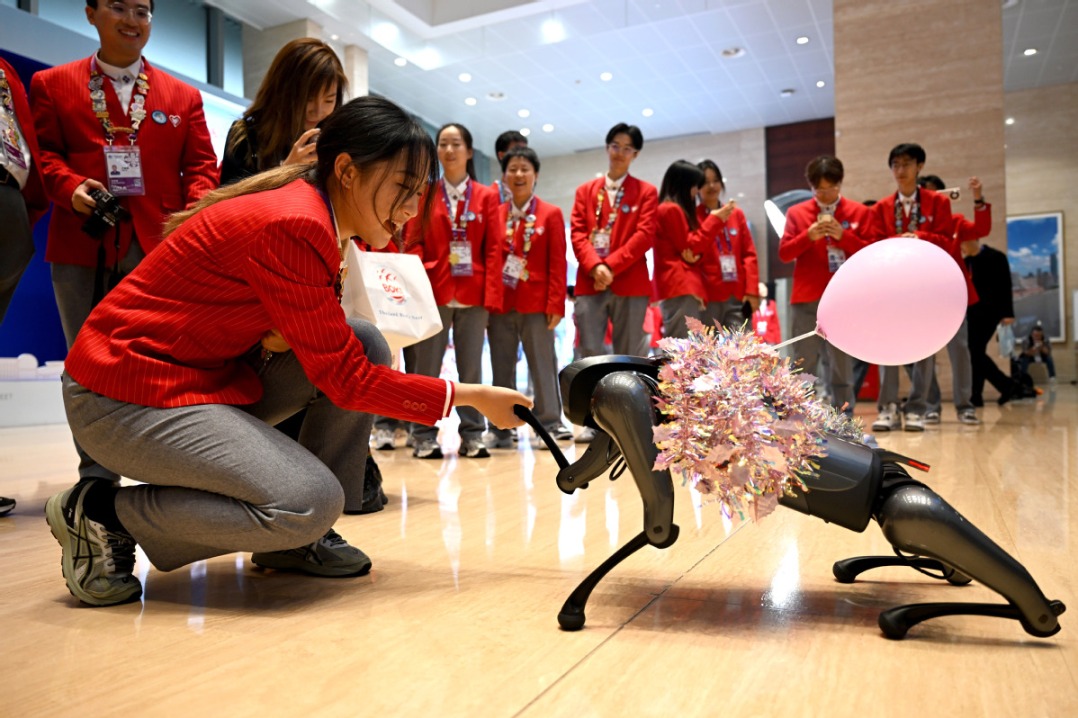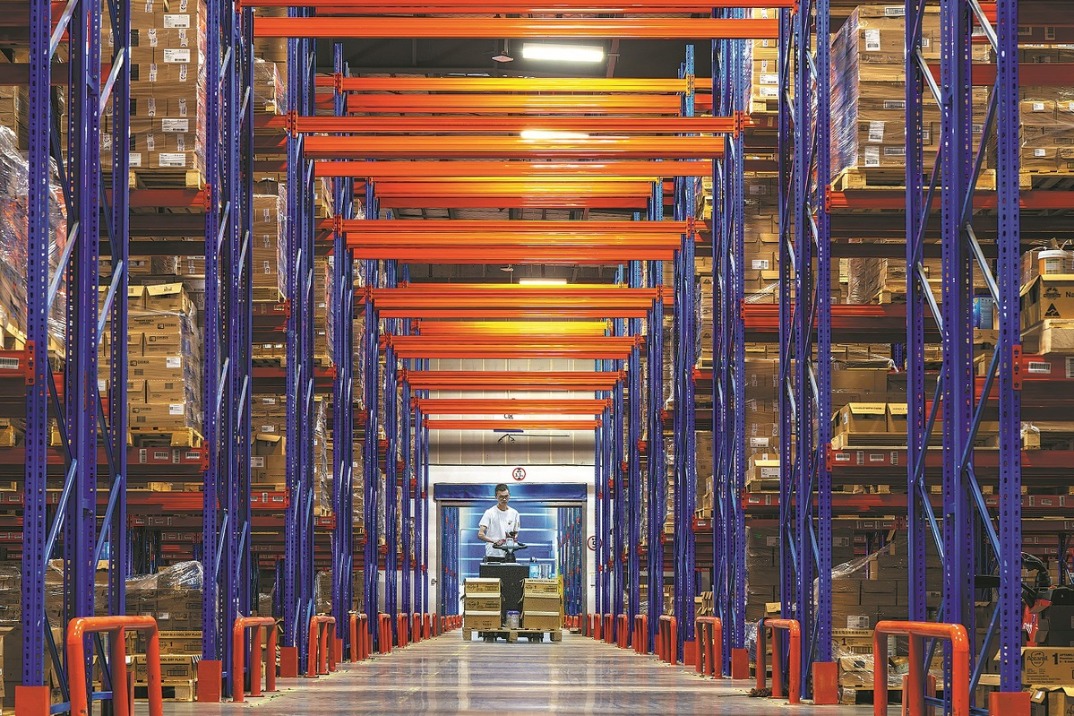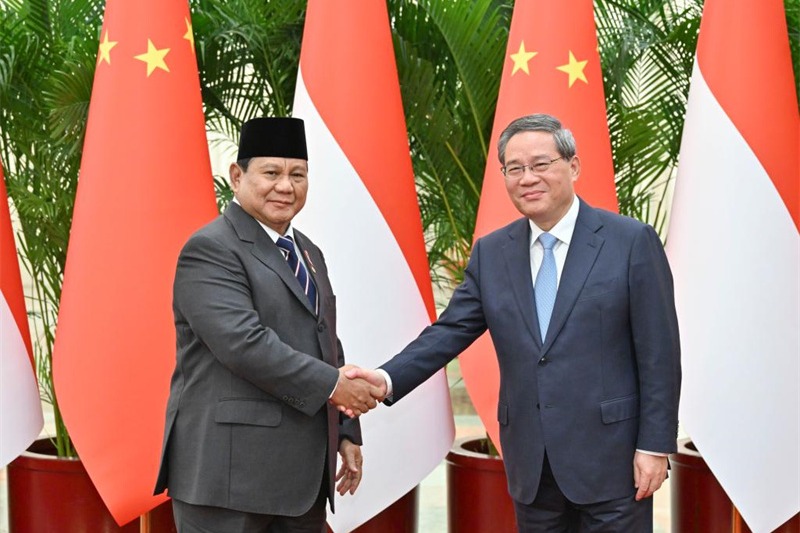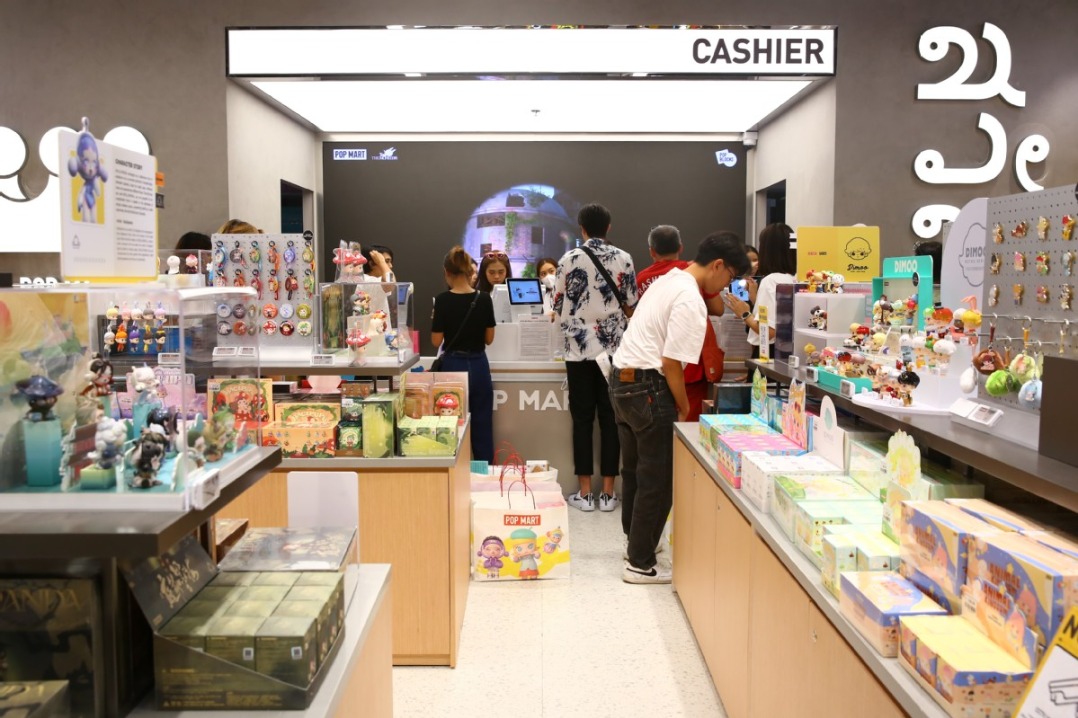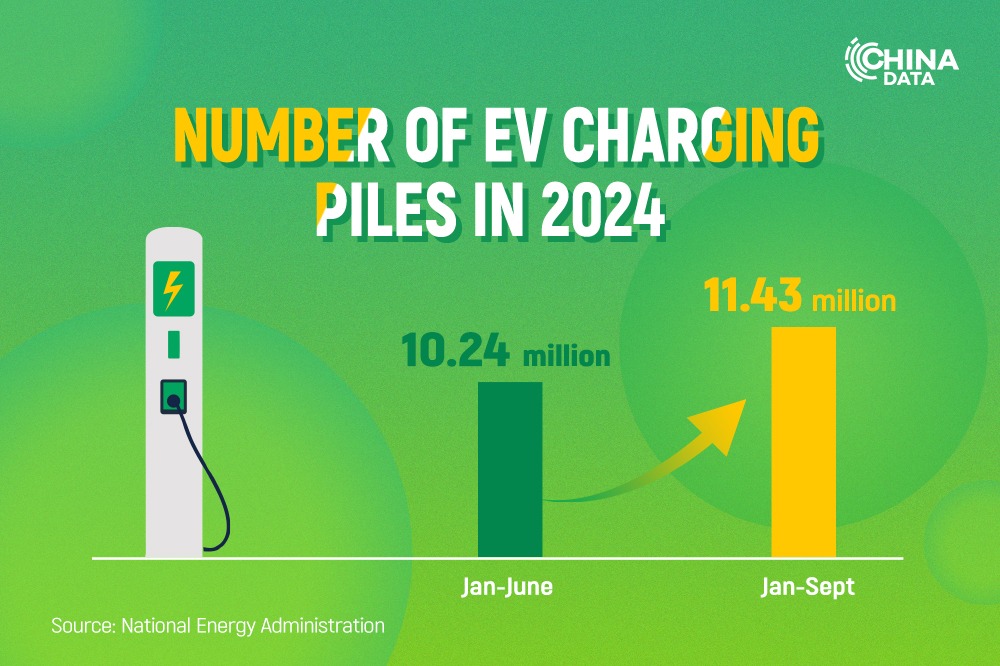Pop Mart aims for big revenue jump this year


Pop Mart, a trailblazer in the collectible toys industry, has announced a year-on-year revenue increase of 120-125 percent for the third quarter of 2024, with a surge of 55-60 percent from the Chinese mainland and a 440-445 percent growth in overseas markets.
Wang Ning, chairman and CEO of Pop Mart, has set ambitious targets for the company, aiming for a full-year revenue of 10 billion yuan ($1.39 billion), with an expected annual growth rate of no less than 60 percent and growth abroad of no less than 200 percent.
This high-growth trajectory is evident in the company's 2023 revenue of 6.35 billion yuan and its 2024 first-half revenue of 4.56 billion yuan, a 62 percent increase from the previous year.
Its net profit, too, has seen a 90 percent year-on-year increase to 1.02 billion yuan.
The company's fast growth is in line with the country's emerging trend in the toy market.
According to the Report on the Development of China's Trend Toy and Animation Industry (2024), released by the Chinese Academy of Social Sciences and the China Animation Society, China's trend toys industry has seen a compound annual growth rate of 33 percent in recent years.
It is estimated that the market size of China's trend toy industry, or art toys, will continue to expand rapidly, with an annual growth rate of more than 20 percent, and reach 110.1 billion yuan in 2026.
The market value of China's trend toy industry in 2023 was about 60 billion yuan, accounting for about 20 percent of the global trend toy market.
As of June, the number of TopToy stores had reached 195, an increase of nearly 100 compared to two years ago. In terms of revenue, TopToy achieved about 429 million yuan in revenue in the first half, a year-on-year increase of 37.9 percent.
Pop Mart's global expansion, initiated in 2018, has been instrumental in driving this growth.
South Korean Justin Moon, vice-president of Pop Mart, leads its overseas division. The company opened its first store in Seoul in 2020.
The company's overseas revenue exceeded 1 billion yuan for the first time in 2023 and soared to 1.35 billion yuan in the first half, a 260 percent increase year-on-year.
With a near-to-far strategy, Pop Mart has successfully entered markets with narrow cultural differences, such as Japan, South Korea, and Southeast Asia, before expanding to Europe and North America.
Southeast Asia has now become Pop Mart's largest overseas market, accounting for over 40 percent of its international business.
Wang's vision for Pop Mart's global presence is to "create another Pop Mart" overseas, with overseas business accounting for over 45 percent of the company's revenue in September.
This ambition is supported by plans to add 30 to 40 new stores in the second half, particularly in high-growth potential markets like North America and Southeast Asia.
On the supply chain front, Pop Mart plans to increase the production and supply proportion of Vietnam's cooperative factories to nearly 10 percent and is thinking of opening warehouses in North America to support its business development.
Wang has openly expressed her ambition for Pop Mart to compete with Disney, a company known for its storytelling and IP network.
While Pop Mart's IPs may lack the rich backstories of Disney's characters, the company has found success in IP incubation and operation.
This new trend is evidenced by the popularity of Disney's Linabell character, which has been achieved through unique marketing strategies and fan engagement in the mobile internet era.
Pop Mart has diversified its IP portfolio, with seven IPs — including Molly, Skullpanda, The Monsters, Hirono Ono, and Zsiga — each generating over 100 million yuan in revenue in the first half, breaking free from dependence on a single IP.
Despite its success, Pop Mart faces challenges, including the rapid aging of core IPs and the slow pace of new IP updates.
The company's reliance on third-party manufacturers also poses a risk to product quality and supply chain stability.
To maintain its leading edge, Pop Mart will need to enhance its artist discovery and IP creation capabilities, increase its store count in tier-one and tier-two cities, and expand its overseas markets to reach more consumers.
















